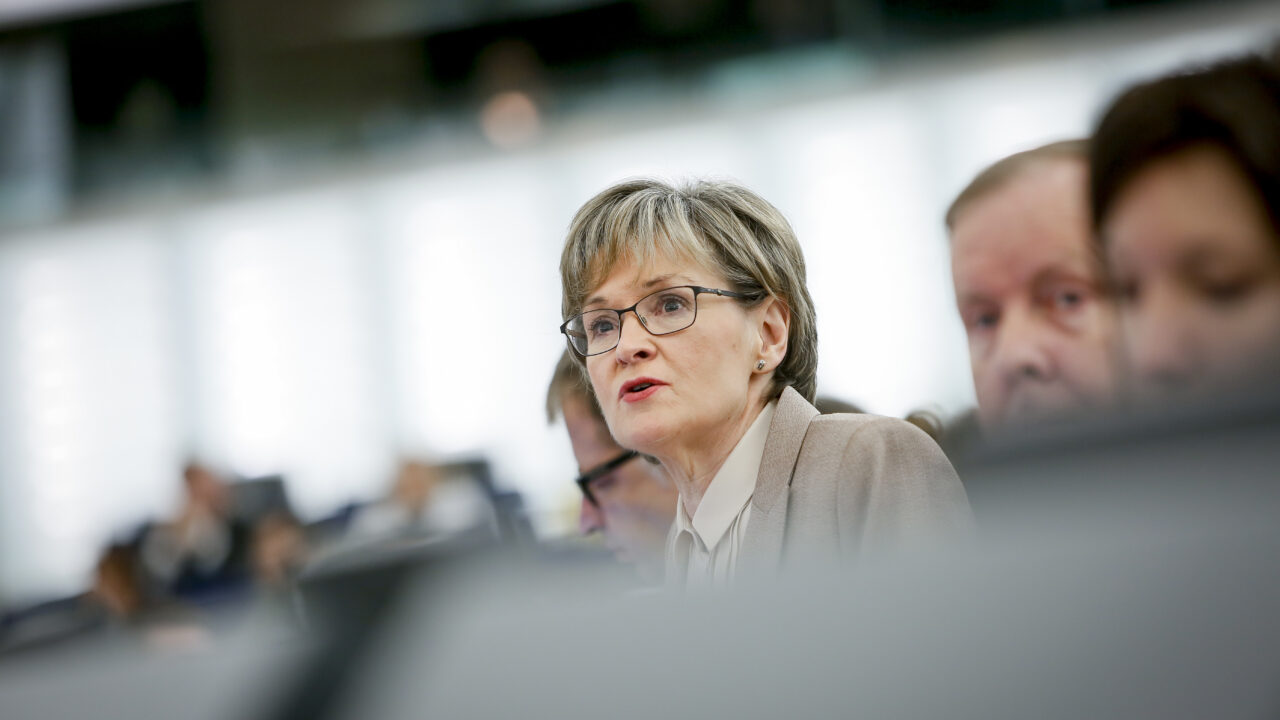According to MEP Mairead McGuinness, there is “an awful lot of people looking towards the German Chancellor to get Europe through a difficult time”.
The pressure is being piled on German Chancellor Angela Merkel to lead Europe through both economic recovery post-Covid and Brexit negotiations.
Fine Gael MEP and vice-president of the European Parliament Mairead McGuinness responded to Merkel’s first address to the European Parliament since Germany took over presidency, telling EuroParlRadio that Merkel “knows this is a very difficult time”.
“It is not for the first time that the German Chancellor will find herself as a leader at EU level,” she said.
“She has already given good indications that she knows that this is a very difficult time.”
McGuinness expects Merkel will be generous in supporting Europe over the course of economic recovery.
“Rather than being quite conservative in terms of budgetary issues, I think she is certainly showing us that Europe needs this large financial package to get us over the consequences of the [Covid-19] pandemic both economically and socially,” she concluded.
‘Exceptional’ support package for wine
The EU has also announced support for the fruit and vegetable sector, along with “exceptional” support measures for the wine production sector.
Wine, in particular, is a focus for receiving financial packages as it was one of the hardest hit agri-food sectors during the pandemic, as demand for the product fell rapidly when bars and restaurants were closed.
Also Read: EU announces exceptional support for wine, fruit and vegThe first set of exceptional measures were announced in April, and included private storage aid for the meat and dairy sectors.
The additional package of measures, announced yesterday, for the wine sector, are outlined below.
- A temporary derogation from the EU’s competition rules;
- The increase of the EU’s contribution for wine national support programmes;
- The introduction of advance payments for crisis distillation and storage.
The EU’s contribution to all measures of the national support programmes will increase by 10%, bringing the total to 70%.
The advance payments for distillation and storage can cover up to 100% of the costs and “will allow member states to fully utilise their national support programmes”.
